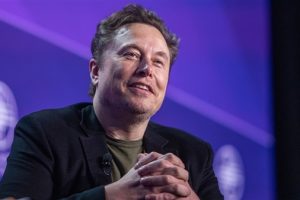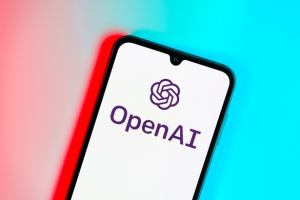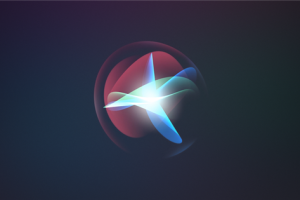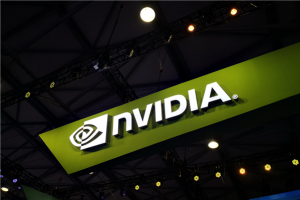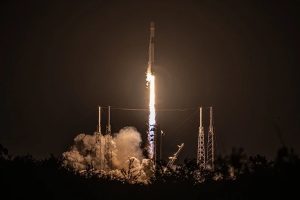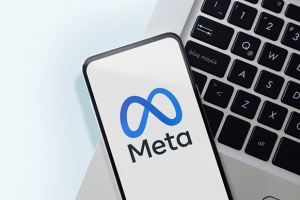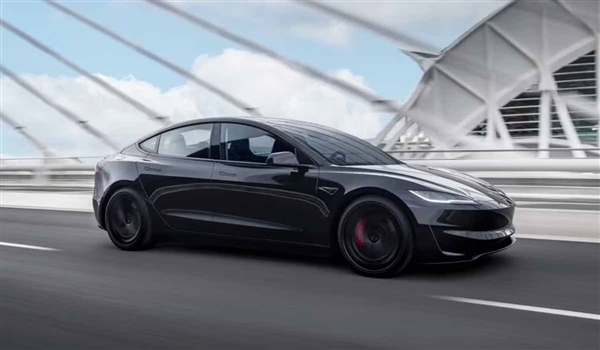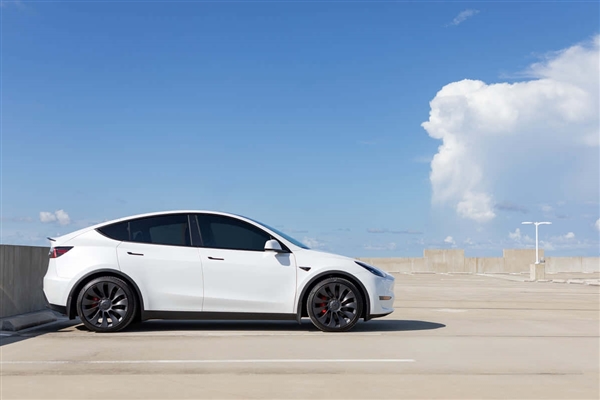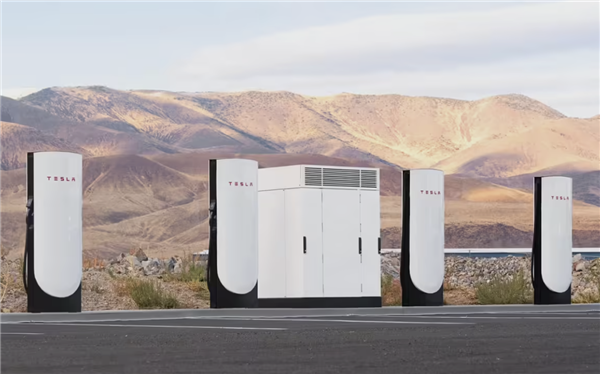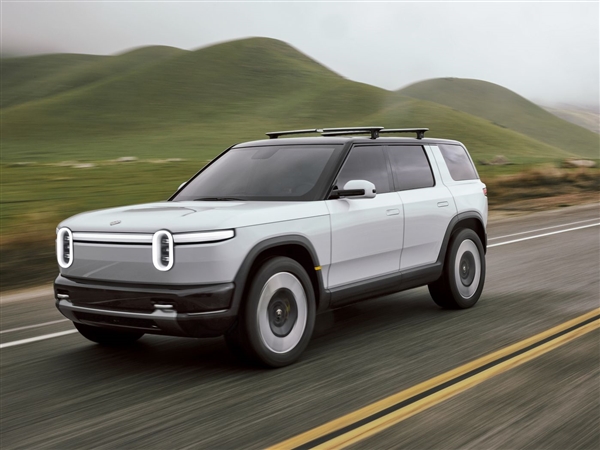November 21, 2024 – Tesla has unveiled its autonomous driving sedan, the Cybercab, in the UK, showcasing the company’s vision of building a global fleet of self-driving vehicles.
Officially named the Cybercab, this model was recently launched at Warner Bros. Studios in California alongside another autonomous vehicle called the Robovan, a 20-seater self-driving van. Just a month later, it made its appearance at the Westfield Shopping Centre in London.
Both concept vehicles are devoid of a steering wheel or pedals and rely on artificial intelligence and cameras, rather than the more common laser radar sensors and built-in mapping software, to operate. According to Elon Musk, they will also have the capability of wireless charging, eliminating the need for charging ports like those found on traditional Tesla cars.

At the exclusive event named “We Robot” held in California, Musk emphasized the benefits of autonomous driving technology, stating, “Imagine the total time people spend in their cars, and how they could utilize this saved time to read books, watch movies, work, and more.”
Reflecting this, the Cybercab’s cabin features a minimalistic design with two seats, two cup holders, an armrest, and a large central touchscreen similar to the Model 3. The trunk space is spacious, but like the angular Cybertruck pickup, the Cybercab does not have a rear window.
Musk revealed that Tesla aims to start producing the Cybercab in 2027 and sell it to consumers at an estimated price of $30,000. However, he did not provide a clear production timeline for the Robovan or confirm whether these two models will be available in countries outside the United States.
Before putting these new autonomous vehicles into production, Tesla plans to have its “unsupervised” Full Self-Driving (FSD) technology certified and implemented in the Model 3 and Model Y by 2025.

